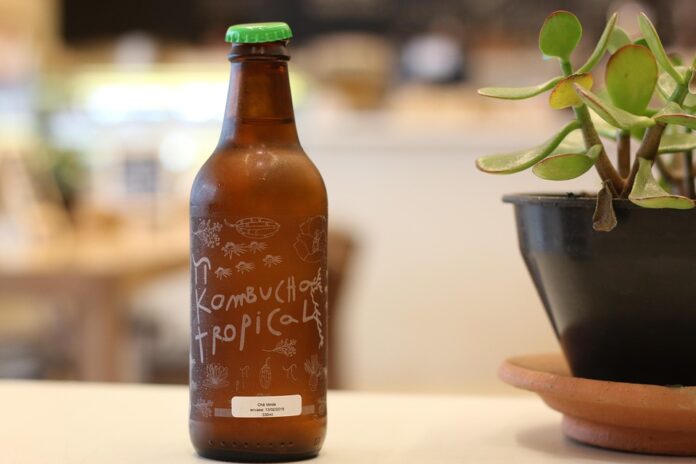Cold Chain Logistics Integration for Fermented Beverage Lines
The global fermented beverage market has been experiencing significant growth in recent years, driven by increasing consumer interest in probiotic-rich products and unique flavor profiles. As companies expand their product lines to meet this demand, the need for efficient cold chain logistics integration becomes crucial to ensure product quality and safety. In this report, we will explore the importance of cold chain logistics for fermented beverage lines and how businesses can optimize their supply chain to enhance efficiency and profitability.
Importance of Cold Chain Logistics for Fermented Beverage Lines
Fermented beverages, such as kombucha, kefir, and craft beer, rely on a delicate balance of live cultures and enzymes to achieve their distinctive taste and health benefits. Maintaining the integrity of these probiotics is essential to ensure product quality and consumer satisfaction. Cold chain logistics play a vital role in preserving the freshness and efficacy of these beverages from production to consumption.
Proper temperature control is critical throughout the supply chain, from raw material sourcing and fermentation to bottling, storage, and distribution. Any deviations from the optimal temperature range can compromise the product’s quality, leading to spoilage, loss of flavor, and reduced shelf life. By implementing a robust cold chain logistics system, companies can minimize these risks and deliver high-quality fermented beverages to customers consistently.
Benefits of Cold Chain Logistics Integration
Integrating cold chain logistics into the supply chain offers several benefits for companies operating in the fermented beverage industry. Firstly, it helps to extend the product’s shelf life, reducing the risk of wastage and maximizing profitability. By maintaining the product at the right temperature throughout its journey, businesses can minimize spoilage and ensure that customers receive fresh and flavorful beverages every time.
Secondly, cold chain logistics integration enhances product safety and compliance with regulatory standards. Many fermented beverages contain live cultures that are sensitive to temperature fluctuations. By controlling the temperature at every stage of the supply chain, companies can prevent the growth of harmful bacteria and ensure that the product meets safety requirements.
Additionally, efficient cold chain logistics can improve supply chain visibility and traceability. By using temperature monitoring devices and data analytics, companies can track the movement of their products in real-time and identify any potential issues before they escalate. This level of transparency not only enhances operational efficiency but also builds trust with customers who value transparency and quality assurance.
Case Studies: Companies Leading in Cold Chain Logistics Integration
Several companies in the fermented beverage industry have recognized the importance of cold chain logistics integration and have invested in innovative solutions to optimize their supply chain operations. For example, GT’s Living Foods, a leading kombucha manufacturer, has implemented temperature-controlled storage facilities and refrigerated transport vehicles to ensure that its products remain fresh and potent from production to retail shelves.
Another company, Lifeway Foods, a prominent kefir producer, has leveraged cold chain logistics technology to streamline its distribution network and improve delivery times. By partnering with third-party logistics providers that specialize in temperature-sensitive goods, Lifeway Foods has been able to expand its market reach and meet customer demand for its probiotic-rich beverages.
Industry Insights and Trends
The fermented beverage market is expected to continue growing in the coming years, driven by increasing consumer awareness of the health benefits associated with probiotic products. As companies expand their product lines and enter new markets, the need for efficient cold chain logistics integration will become even more critical to maintain product quality and meet customer expectations.
One emerging trend in the fermented beverage industry is the use of blockchain technology to enhance supply chain transparency and traceability. By recording temperature data and other relevant information on a secure blockchain platform, companies can ensure the integrity of their products and build trust with consumers who value authenticity and quality.
Overall, cold chain logistics integration is essential for companies operating in the fermented beverage industry to maintain product quality, safety, and compliance with regulatory standards. By investing in temperature-controlled facilities, refrigerated transport, and advanced monitoring technology, businesses can optimize their supply chain operations and differentiate themselves in a competitive market landscape.




